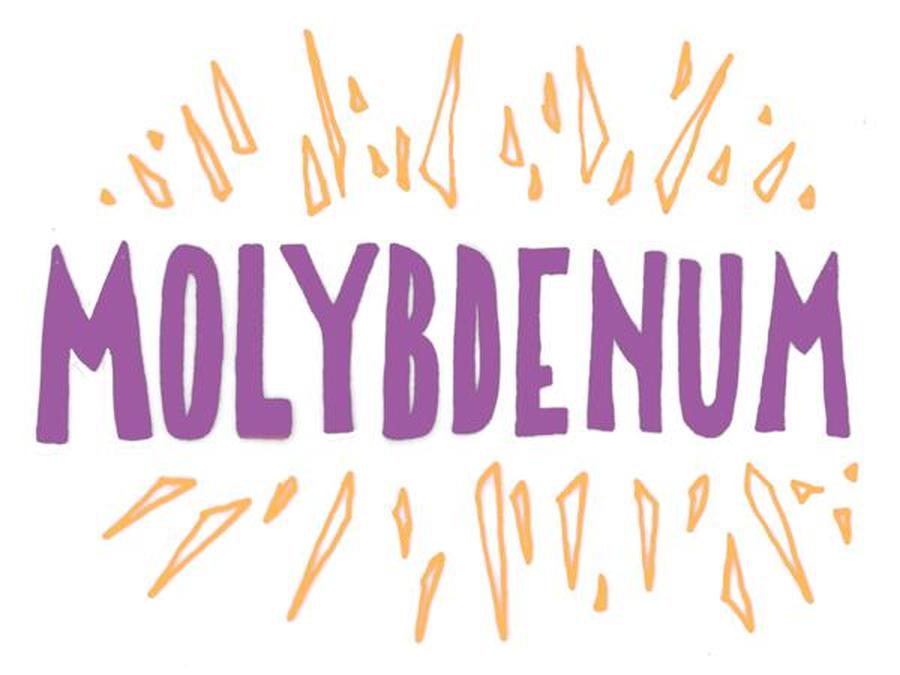
Molybdenum is a mineral your body requires to trigger the function of enzymes essential for the synthesis of amino acids and the metabolism of certain compounds. Adults who are at least 19 years old need approximately 45 micrograms of molybdenum each day. Not getting enough molybdenum may increase your risk of esophageal cancer and lower your life expectancy, according a 2012 study published in the "Global Journal of Health Science" and a 2009 study in "Environmental Geochemistry and Health." Molybdenum deficiency is rare in the United States. A varied, balanced diet that includes molybdenum-rich foods can help ensure that you reach your daily requirement.
Bring on the Beans
Beans and legumes contain more molybdenum per serving than any other food. A single cup of cooked navy beans contains 196 micrograms of molybdenum, which is more than 100 percent of the recommended daily allowance of the mineral for men and women. Other molybdenum-rich bean and legume choices include black-eyed peas, with 180 micrograms per cup; lentils and split peas, which both have 148 micrograms in a cooked cup; and kidney beans, which contain 132 micrograms of molybdenum in each cup.
Go Nuts for Nuts
Almonds contain 46.4 micrograms of molybdenum per cup.
What are the functions of molybdenum?
These are not fully understood at this stage, but it is thought that molybdenum:
- aids in the metabolism of fats and carbohydrates,
- is involved in protein synthesis,
- is vital for the utilization of iron,
- protects against cancer,
- prevents anemia because it is necessary for iron metabolism,
- is necessary for the formation of uric acid,
- promotes a feeling of general well being,
- helps to prevent sexual impotence in men, and
- helps to prevent tooth decay.
A high intake of copper or ferrous sulphate iron can decrease the absorption of molybdenum by the body.
What are the symptoms of a molybdenum deficiency?
Deficiency symptoms include:
- irregular heartbeat,
- irritability, and an
- inability to produce uric acid.